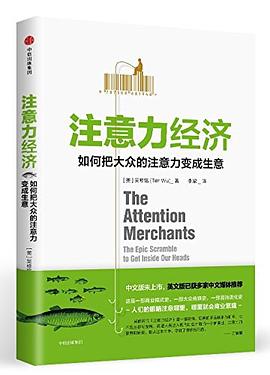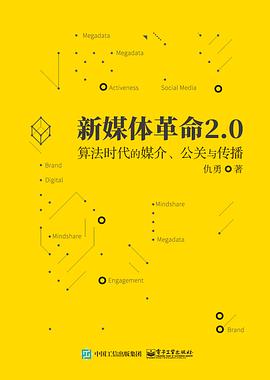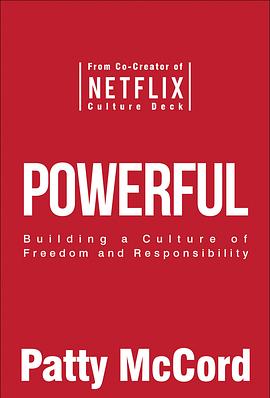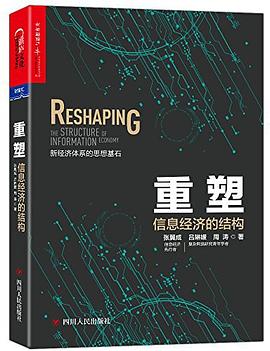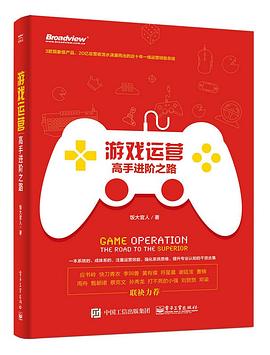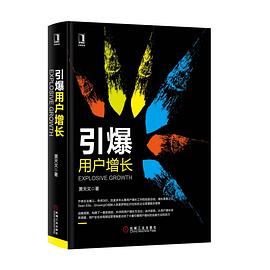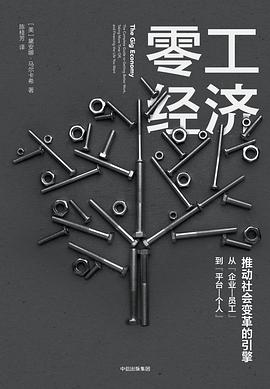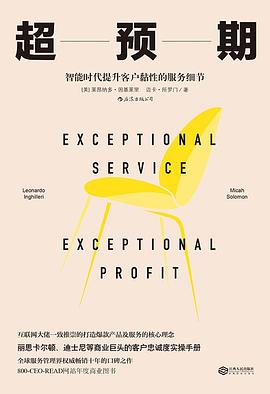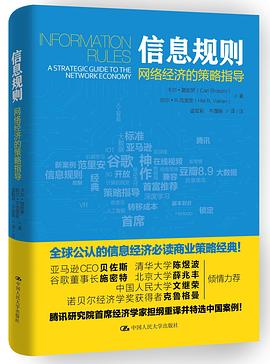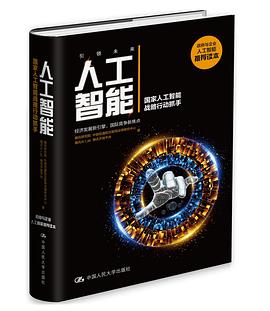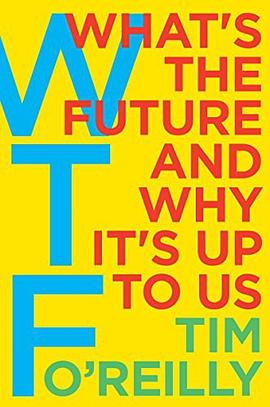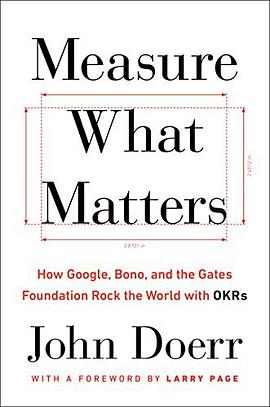

具体描述
John Doerr is the chair of venture capital firm Kleiner Perkins Caufield & Byers, which he joined in 1980. He has invested in some of the world’s most successful entrepreneurs and companies, including Amazon, Google, Intuit, Netscape, and Twitter. Through his investments, he has helped create more than 425,000 jobs.
Kris Duggan is the CEO and cofounder of BetterWorks, which helps progressive companies move toward continuous performance management. A noted thought leader on goal setting and OKRs, he has been featured in the New York Times, the Wall Street Journal, and Fast Company.
In the fall of 1999, John Doerr met with the founders of a start-up he’d just given $11.8 million, the biggest investment of his career. Larry Page and Sergey Brin had amazing technology, entrepreneurial energy, and sky-high ambitions, but no real business plan. For Google to change the world (or even to survive), Page and Brin had to learn how to make tough choices on priorities while keeping their team on track. They’d have to know when to pull the plug on losing propositions, to fail fast. And they needed timely, relevant data to track their progress—to measure what mattered.
Doerr taught them about a proven approach to operating excellence: Objectives and Key Results. He had first discovered OKRs in the 1970s as an engineer at Intel, where Andy Grove (“the greatest manager of his or any era”) drove the best-run company Doerr had ever seen. Later, as a venture capitalist, Doerr shared Grove’s brainchild with more than fifty companies. Wherever the process was faithfully practiced, it worked.
The rest is history. With OKRs as its management foundation, Google has grown from forty employees to more than 70,000—with a market cap exceeding $600 billion.
In the OKR model, objectives define what we seek to achieve; key results are how those top-priority goals will be attained with specific, measurable actions within a set time frame. Everyone’s goals, from entry-level to CEO, are transparent to the entire organization. The benefits are profound. OKRs surface an organization’s most important work. They focus effort and foster coordination. They keep employees on track. They link objectives across silos to unify and strengthen the entire company. Along the way, OKRs enhance workplace satisfaction and boost retention.
In Measure What Matters, Doerr and coauthor Kris Duggan share a broad range of first-person, behind-the-scenes case studies, with narrators including Bono and Bill Gates, to demonstrate the focus, agility, and explosive growth that OKRs have spurred at so many great organizations. This book will help a new generation of leaders capture the same magic.
用户评价
##画饼的课后作业。刚看完觉得被说服了OKR棒棒,但是让我去实施也是有点烦恼。
评分##画饼的课后作业。刚看完觉得被说服了OKR棒棒,但是让我去实施也是有点烦恼。
评分 评分 评分 评分 评分刚好最近在实习、又忙着毕业论文,还要考虑一些为研究生做准备的事儿,就看了看这本OKR。 虽然看得比较走马观花,但大致还是有一些收获。 因为做的实习,要说是战略也有关系。所以不想再做一个傻乎乎的螺丝钉了,虽然我确实是一个螺丝钉,但「只是完成工作的螺丝钉」和「明白为...
评分 评分##五页纸就够了吧 写这么长
相关图书
本站所有内容均为互联网搜索引擎提供的公开搜索信息,本站不存储任何数据与内容,任何内容与数据均与本站无关,如有需要请联系相关搜索引擎包括但不限于百度,google,bing,sogou 等
© 2025 book.idnshop.cc All Rights Reserved. 静思书屋 版权所有


